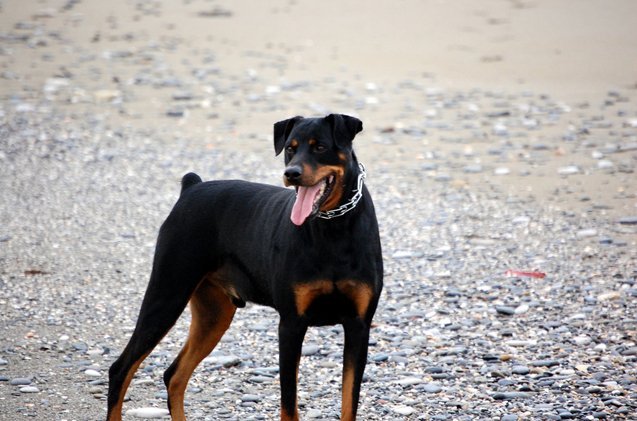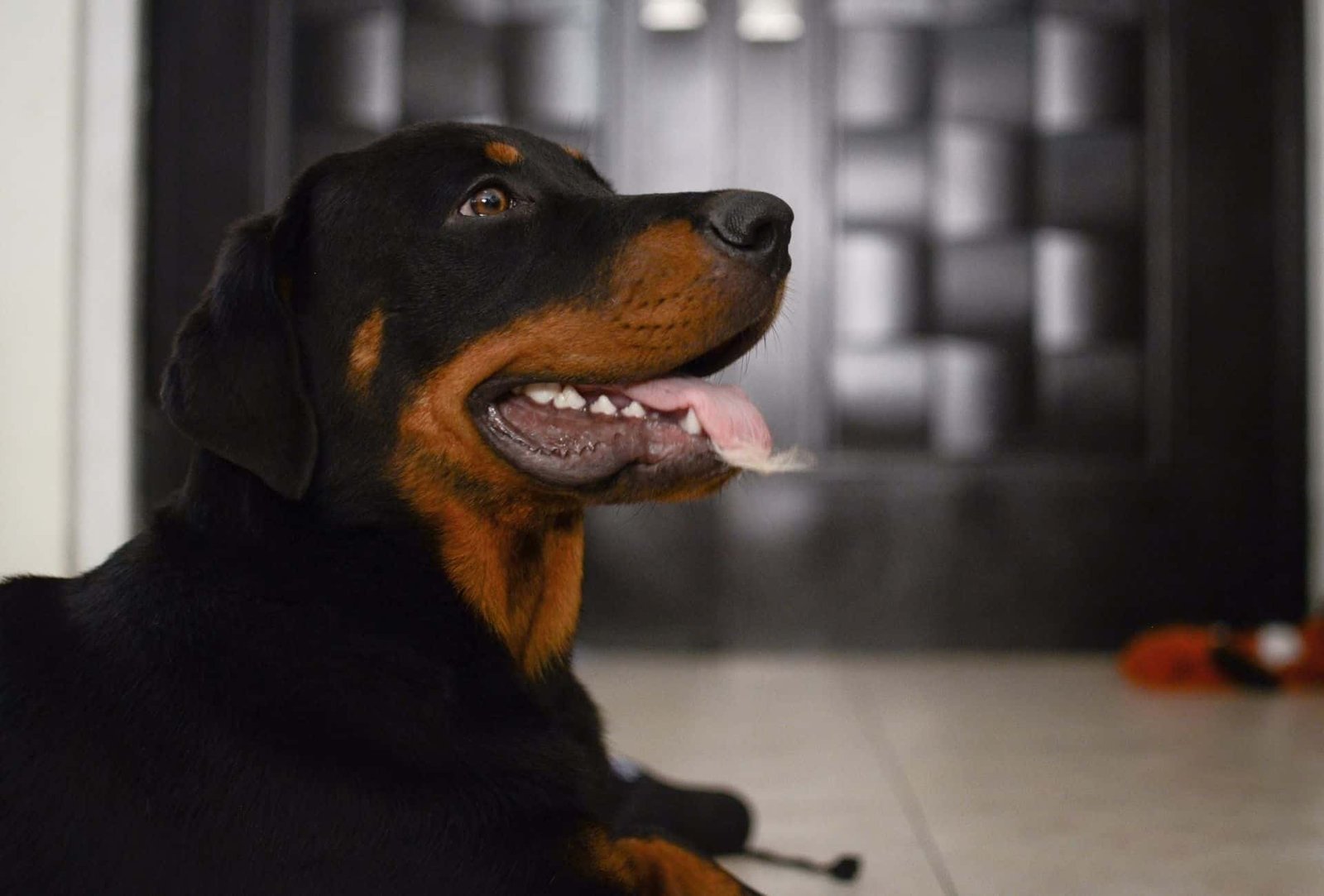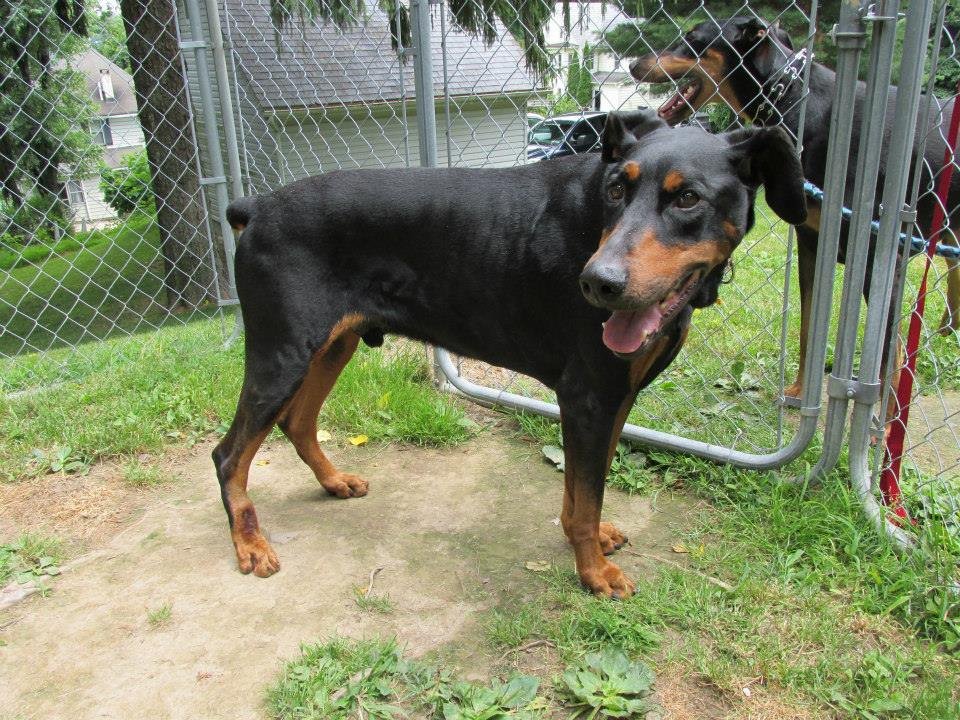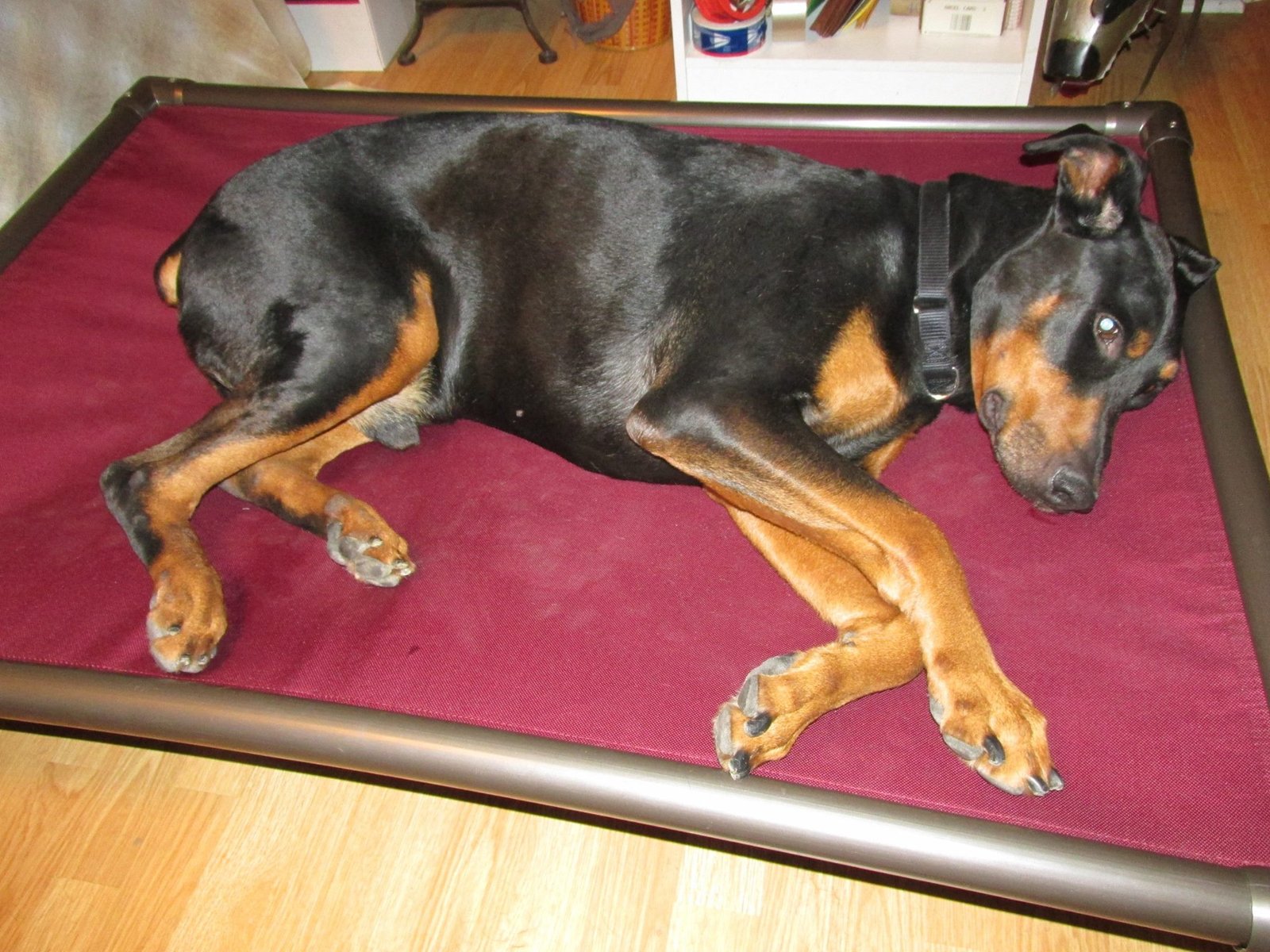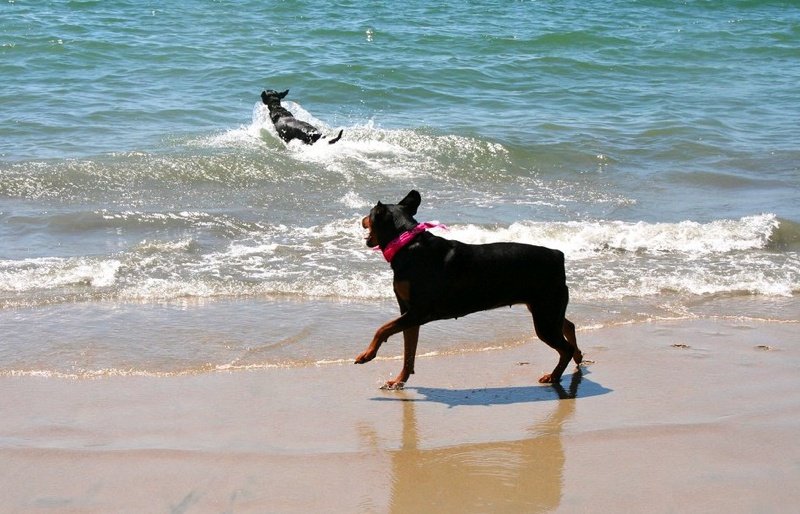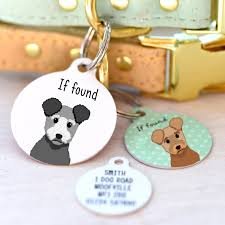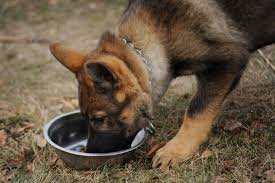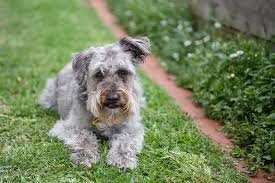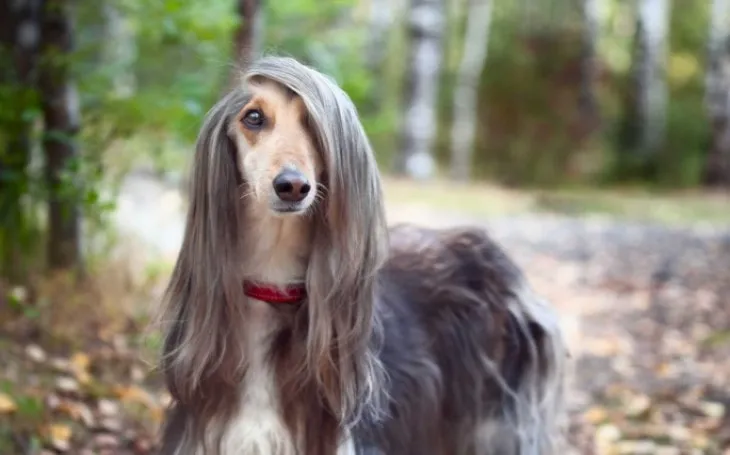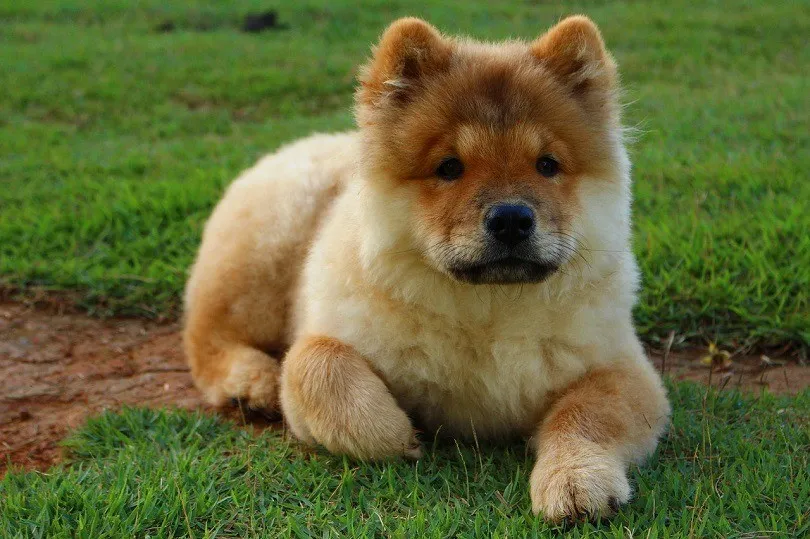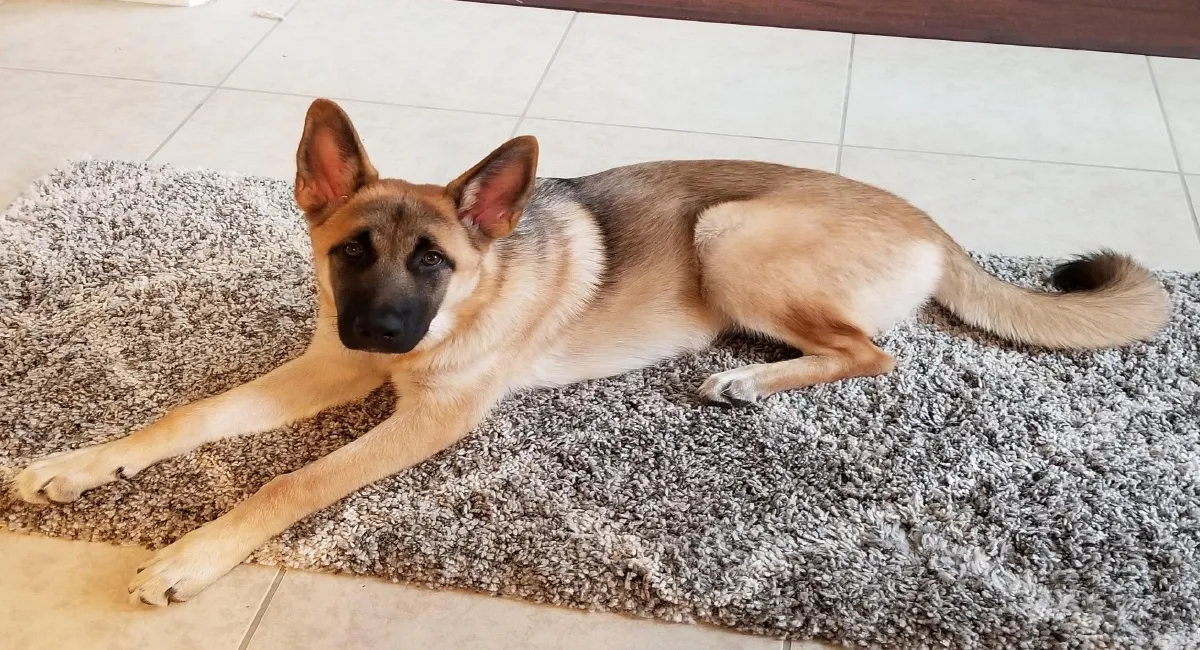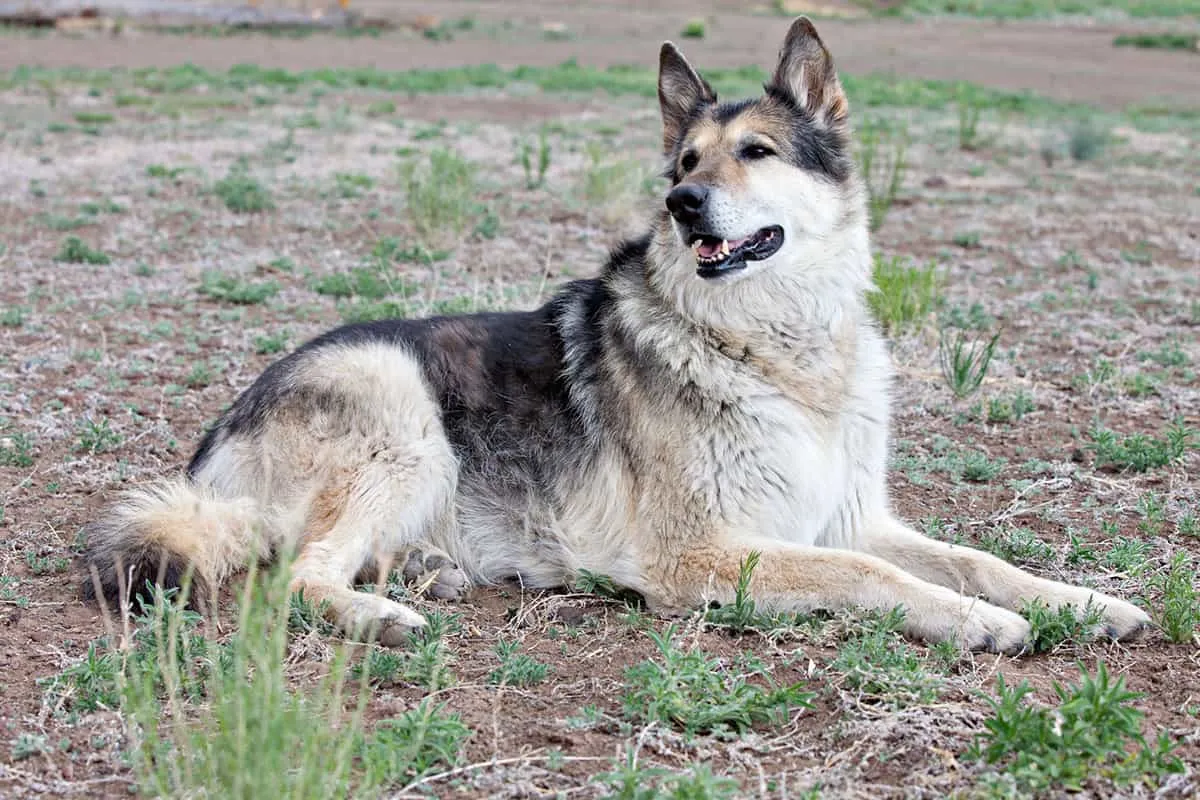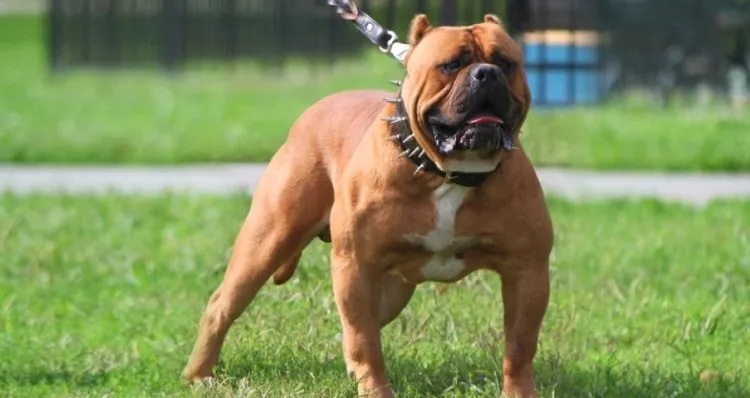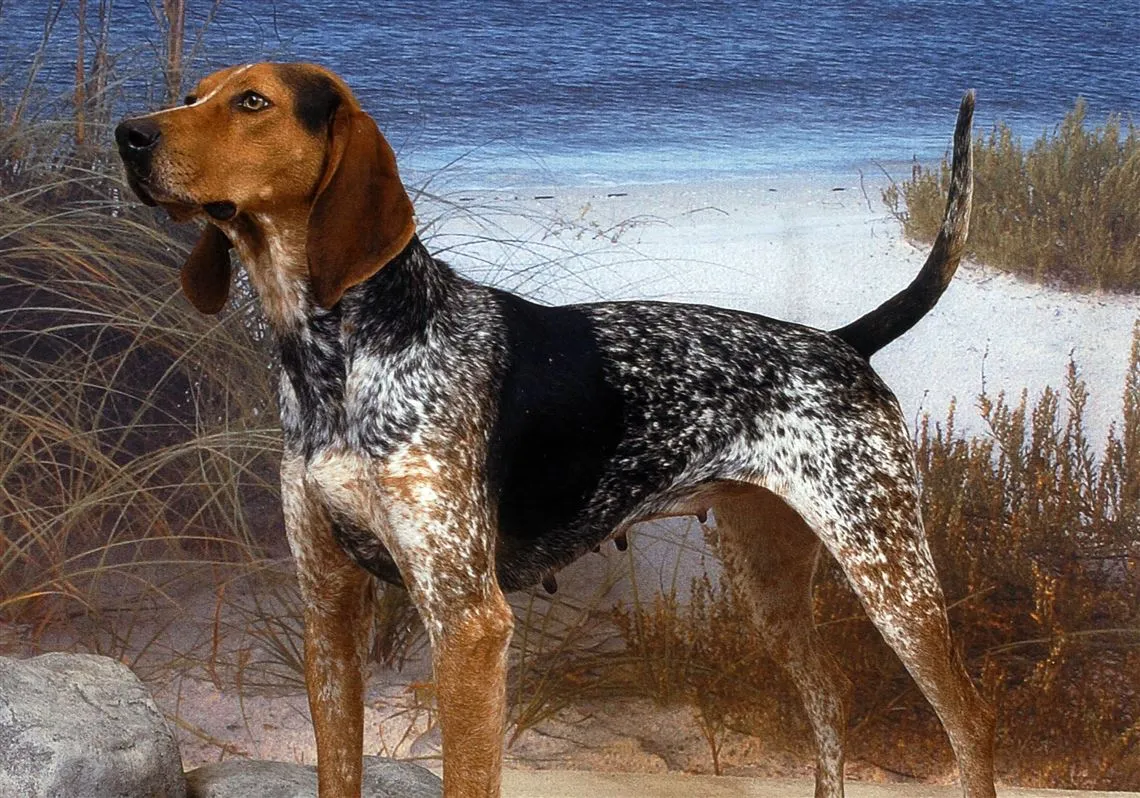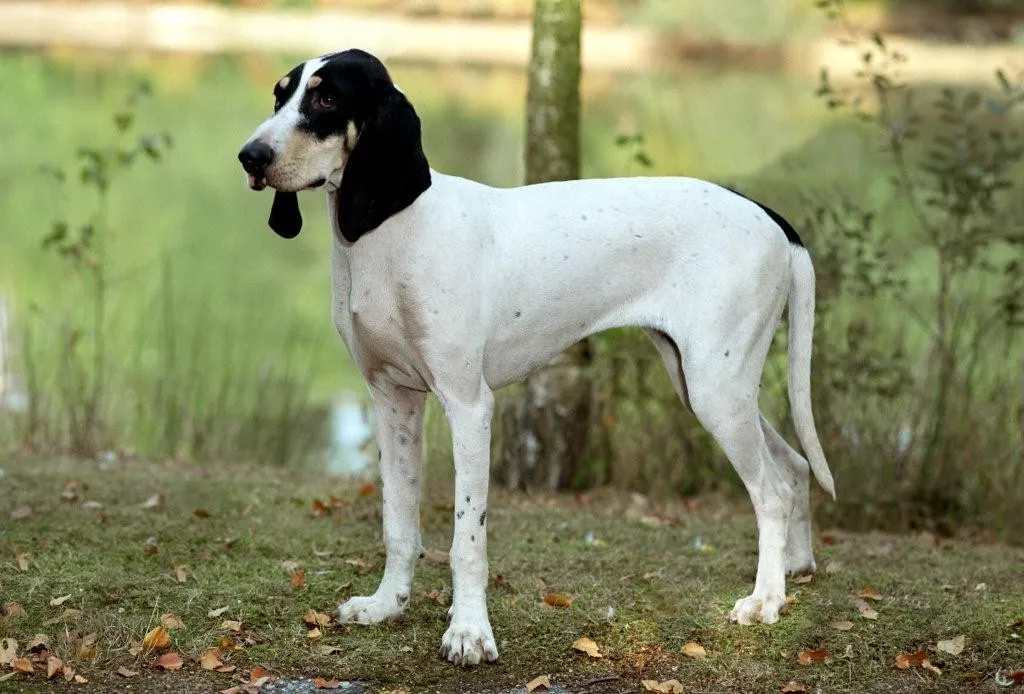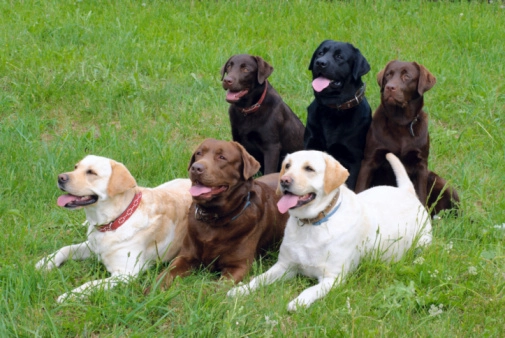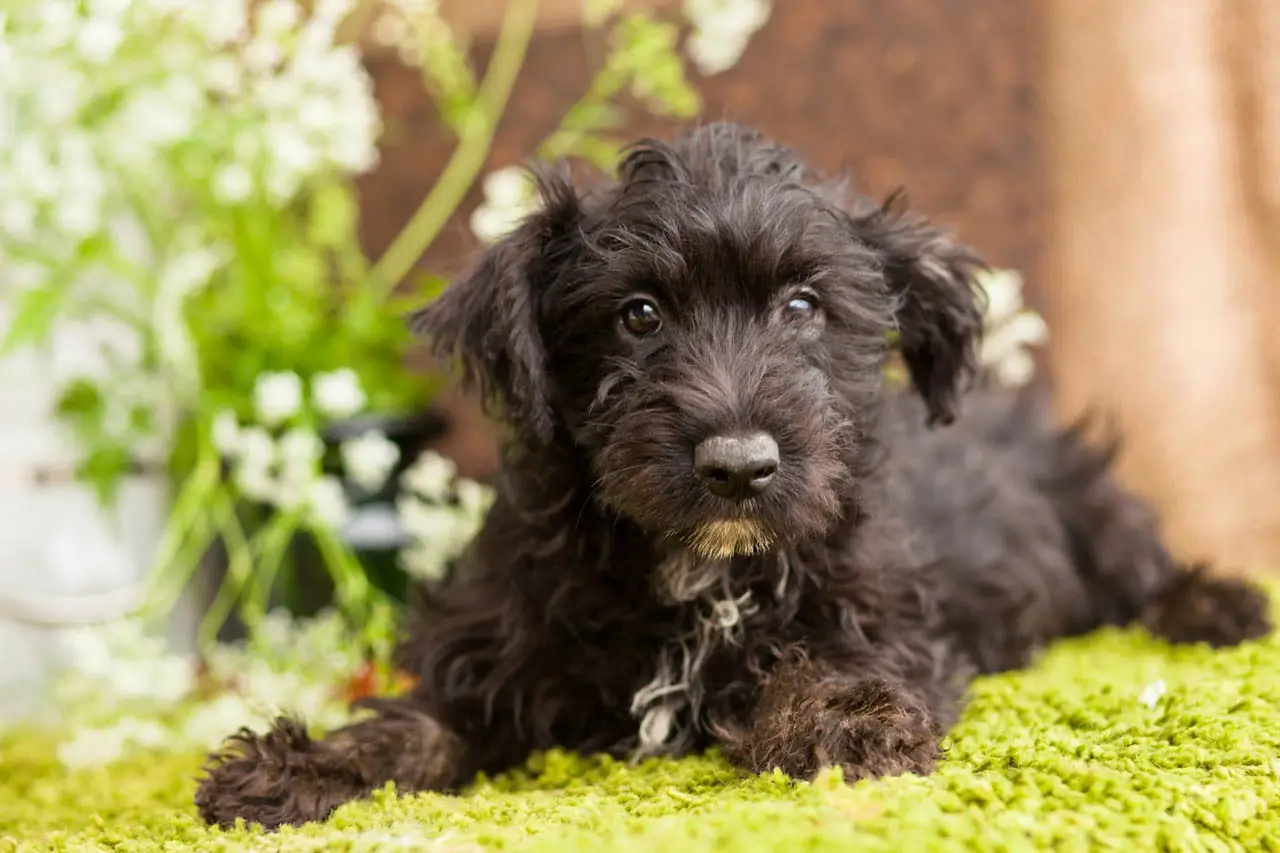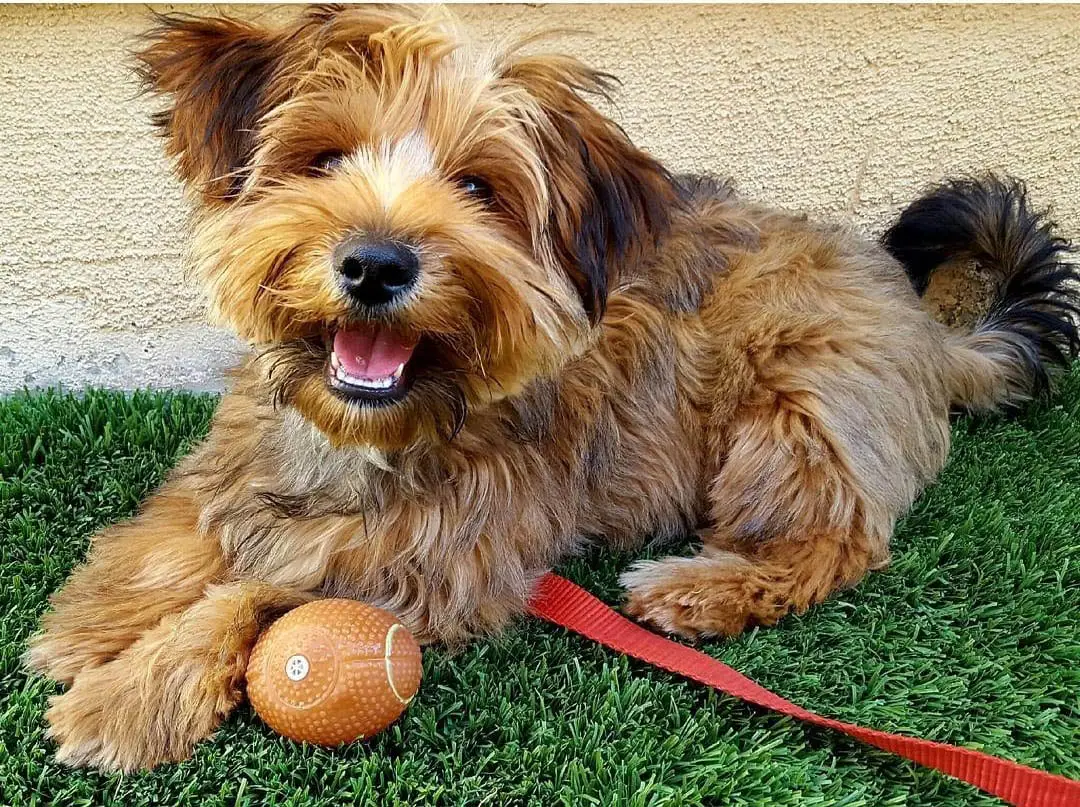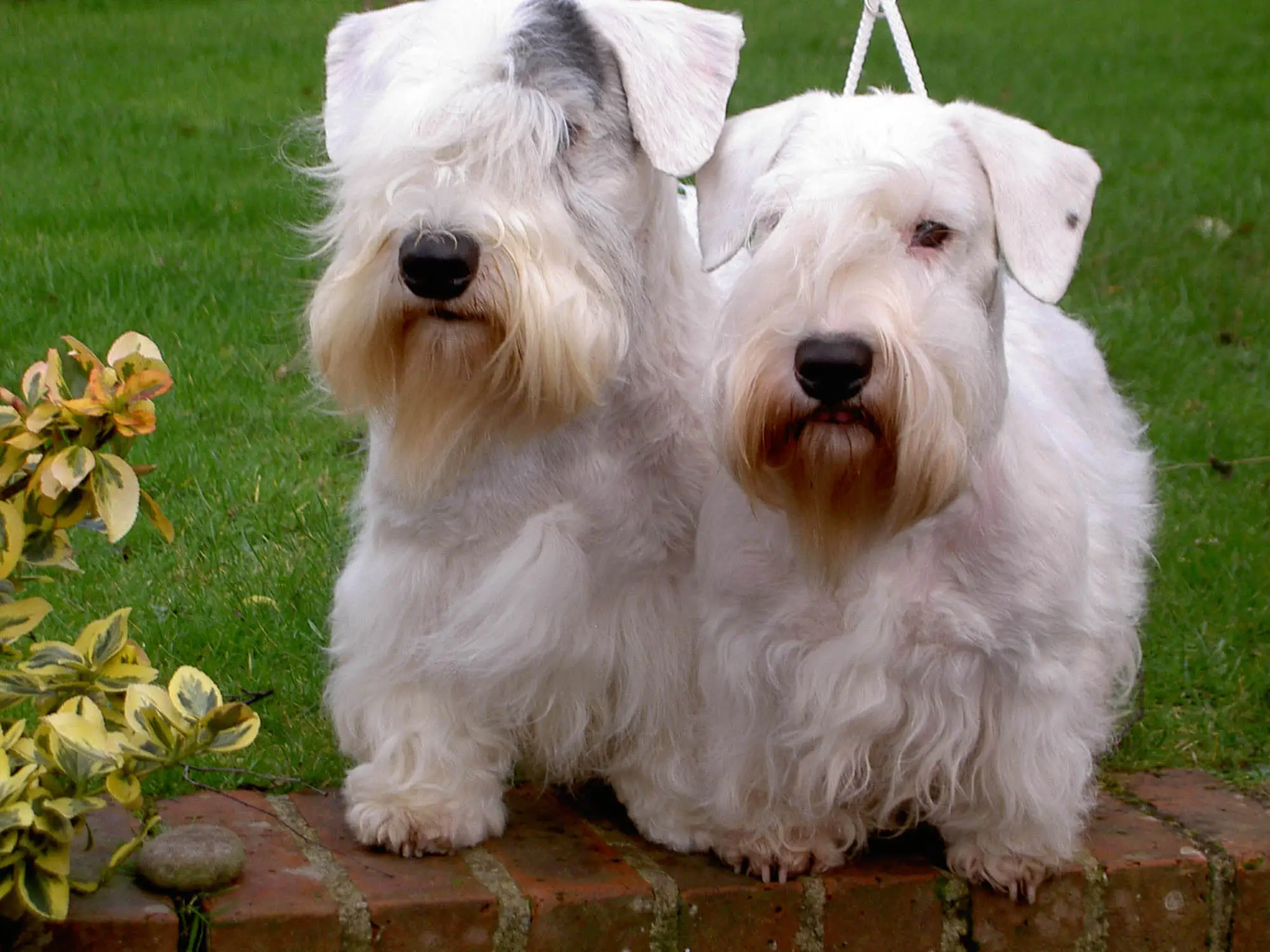History
Rotterman is a mix between Rottweiler and Doberman Pinscher. An insufficient history is available at the beginning of the dog. Over the years, due to its popularity, it has become one of the most famous dog breeds that start with "R".
Temperament & Personality
Rottermans are confident and calm but reserved with strangers. They never lack courage and when facing a strange situation, they analyze the surroundings before reacting. This Doberman rottweiler mix is devoted to their family members and make a good companion dog. They follow their master everywhere and are very affectionate to them. They have a protective instinct and do not get excited easily. Without any good reason, they do not get aggressive towards humans.
Exercise
These dogs are moderately active and do not require a substantial exercising schedule. 20-30 minutes walking or jogging will be adequate. The dog likes playing and activities like ball playing or hiking will be appreciated by the dog. The more energetic dogs will require more heavy exercising schedule.
Grooming
It is a minimum shedder and does not require high maintenance, so brushing their coat once a week will remove dead hairs and maintain coat’s hygiene. However, during its shedding season, frequent brushing is advised to reduce hair loss. Bathing can be done when required. Additionally, their ear will need cleaning every week to avoid ear infections and wax collection. Brushing their tooth will prevent tartar collection and keep up with the oral hygiene.
Health Problems
Rotterman is a healthy breed, but may be inflicted with health issues from their parents.
Major Concerns :
-
Bloat Joint Dysplasia
-
Von Willebrand's Disease
-
Canine Hip Dysplasia (Chd)
-
Hypothyroidism
-
Mitral Valve Dysplasia
-
Gastric Dilation Volvulus (GDV)
Occasional Tests :
However, regular tests and random veteran checkup will keep Doberman and rottweiler mix healthy.
-
Buccal Mucosal Screening
-
Regular Full Physical Examination By Veterinarian
-
Blood Glucose Tests
-
Examination
-
Blood Work and Serum
-
Chemistry Tests
-
Urinalysis and Urine Cult
-
Complete Ophthalmologic
-
Electrocardiogram
-
Coagulation Assay
-
Skin Biopsy or Intradermal
-
Tests for specific allergies
Training
It has an aggressive behavior which can be checked through strict and firm discipline. To reduce its hostile activities socialization with new people and pets will be helpful. Taking them to public places like bus stops, parks or dog parks will help the dog to meet unknown faces and reduce its aggressiveness. The owner can also invite guests who will behave appropriately with the dog.
Due to its herding ancestry, the dog learns to chase, to nudge, to lean and automatically. The owner can distract the puppy by hiding the treat, as the dog will get busy finding the gift and it will also provide a plethora of mental stimulation.
Feeding
Commercial dry dog food 4-5 cups with a homemade diet rich in nutrients will be adequate for the dog.
.png)

